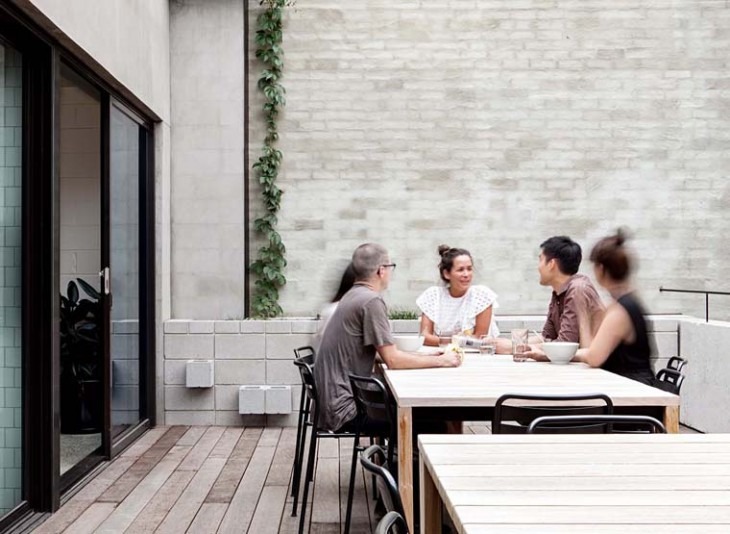
Not a member?
Join online
Connect with your peers, have your say on the issues that matter most and ensure you have the tools to deliver the best professional service to your clients.
OR
Create a non-member account
If you’d like to register for an event as a non-member or buy something from our store please create a non-member account.
Important: Any issues accessing the site? Please contact us.